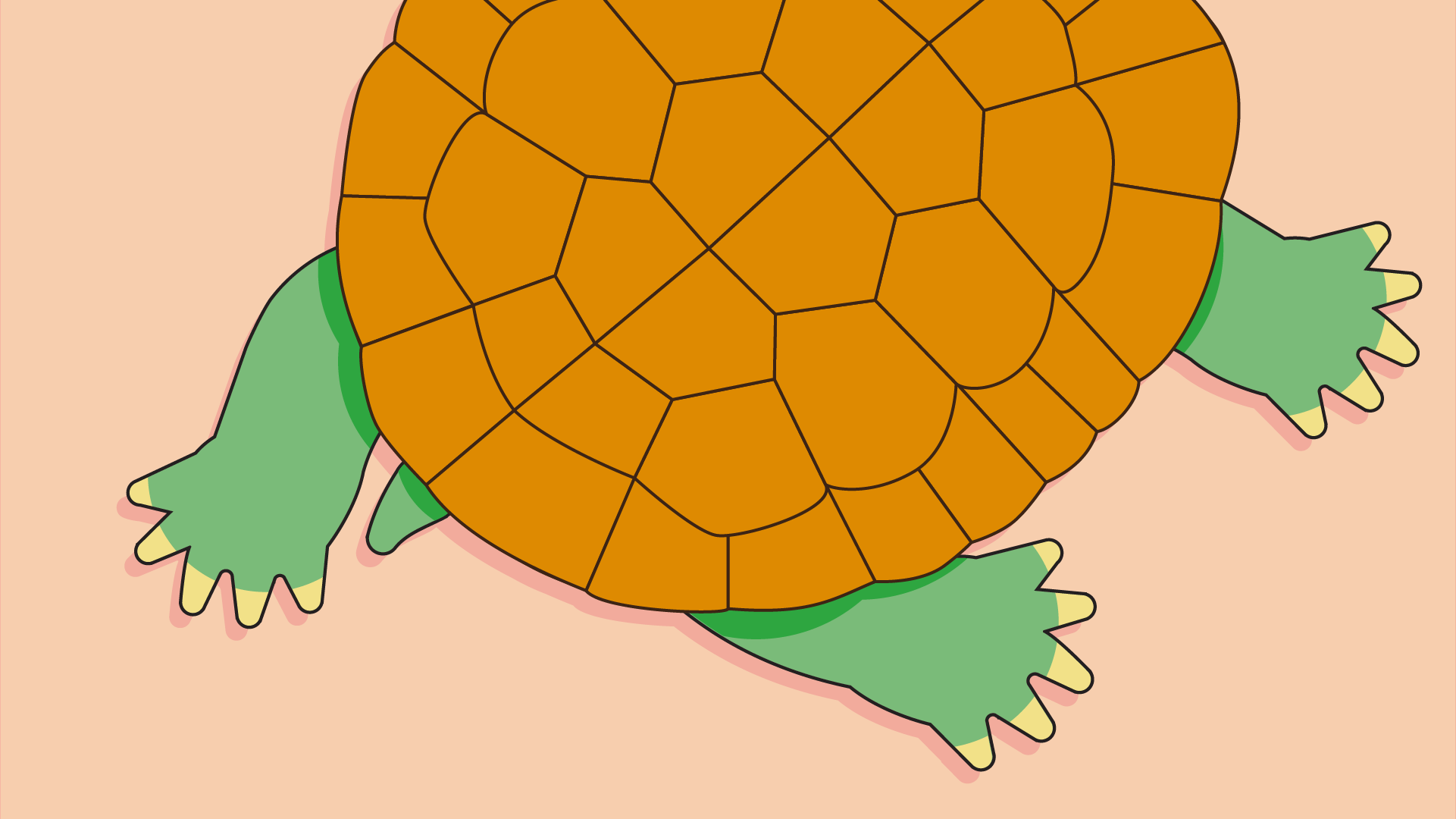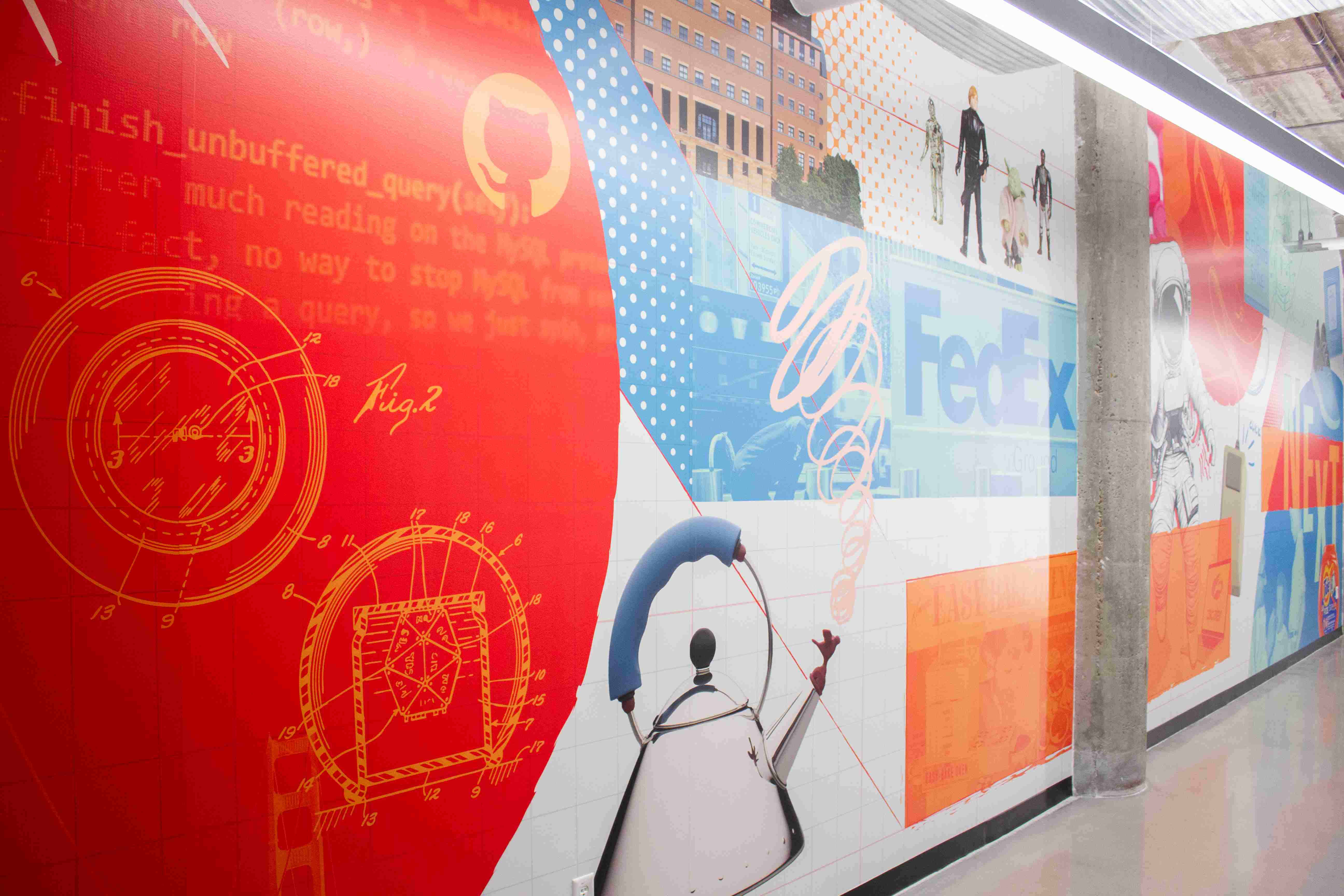
Insights
The Argument to Make Space
We’re wired to move fast—but what if progress starts by slowing down? We make the case for taking a beat, asking “What else?”, and uncovering what’s left unsaid to find the real problem worth solving.

Feature
A Legacy of "Next": Bringing UC's Innovation History to Life
Celebrating UC’s legacy of innovation through a bold visual tribute that connects past achievements with the limitless possibilities of what’s next.
.jpg)
Insights
The Linear Brand Path Is a Dead End. We Built a New Approach for Growth.
Discover our Now–Near–Next framework—built to help marketing leaders drive results today, sharpen their brand tomorrow, and shape the future without missing a beat.
.jpg)
Work Showcase
Cincinnati Reds Community Fund
See how we helped the Cincinnati Reds Community Fund sharpen their message and refresh their look to better connect with the community and build on their already powerful impact.


